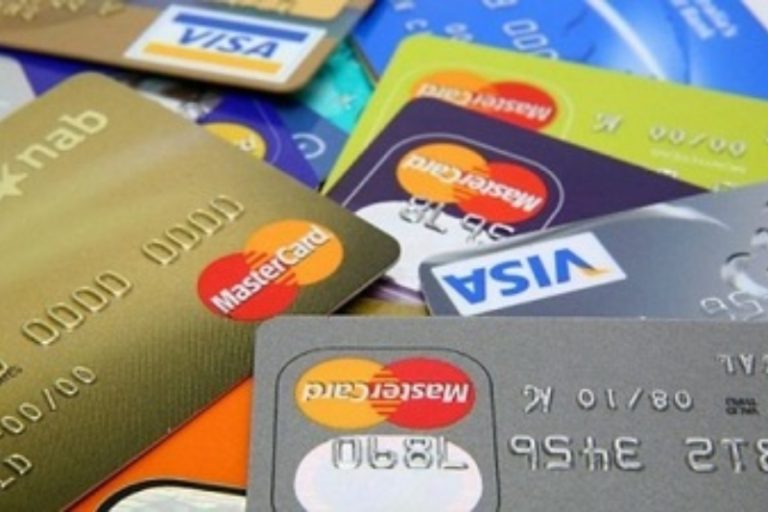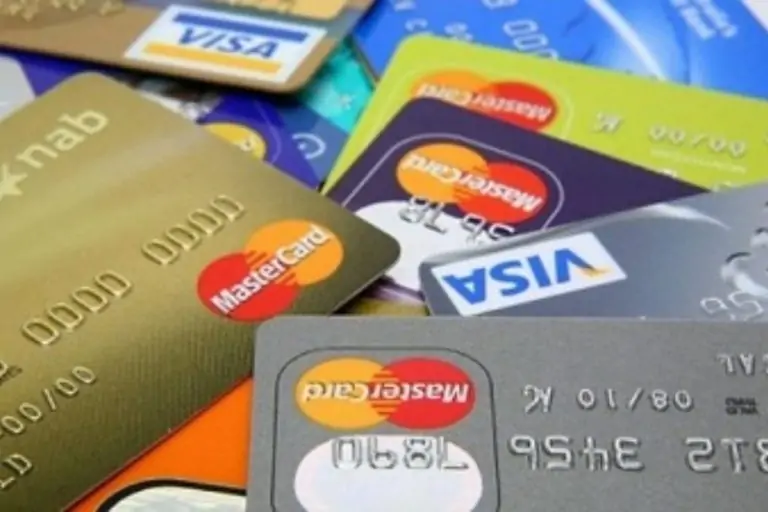

a step by step guide on how to block all bank atm card in nigeria if stolen lost
While losing or having your ATM card stolen might be upsetting, blocking the card right away can stop someone else from accessing your money without authorization. Banks in Nigeria give their clients many ways to promptly stop their ATM cards if they are lost or stolen. This comprehensive tutorial will assist you in disabling your ATM card with the main banks in Nigeria.
The first step is to contact your bank’s customer service hotline as soon as possible. Most Nigerian banks have dedicated helplines that operate 24/7. Inform the customer service representative that your ATM card has been lost or stolen and request them to block the card immediately.
To initiate the blocking process, the customer service representative will ask you for certain information to verify your identity. This may include your full name, account number, date of birth, and any other personal details associated with your account. Be prepared to provide accurate information to expedite the process.
In addition to providing personal information, the bank may require you to verify your identity using security questions or other authentication methods. This is to ensure that only the legitimate account holder can request the card block.
Once your identity has been verified, the customer service representative will ask you to confirm details about the specific ATM card that needs to be blocked. This may include the card number, expiry date, and any other relevant information printed on the card.
After successfully verifying your identity and confirming the card details, the bank will initiate the process of blocking your ATM card. The customer service representative will provide you with a reference number or confirmation code for your records.
After blocking your ATM card, it is advisable to follow up with the bank to ensure that the process has been completed successfully. You may also inquire about the procedure for obtaining a replacement card, if necessary.
While your ATM card is blocked, it is important to monitor your bank account for any unauthorized transactions. Report any suspicious activity to your bank immediately and cooperate with their investigation process.
In Nigeria, it’s critical to instantly disable your ATM card in the event of loss or theft in order to safeguard your money and stop illegal access. You may take proactive steps to protect your account and lower the chance of financial loss by following this step-by-step advice and getting in touch with your bank’s customer care.
Rob Walter Resigns his Position as coach for the Proteas men's team for white-ball games because personal problems needed attention.…
Starting April 2, South African drivers will get lower costs when filling their tanks as fuel prices decrease for all…
The U.S.-based driver training company Zutobi analyzed road safety worldwide and found South Africa stays last in driving danger since…
The Basketball Africa League (BAL) returns for its 2025 season with exciting changes and developments. Since 2019 the NBA-linked basketball…
The Somali president supports their military forces to eliminate the threats from Al-Shabaab, ISIS, and Al-Qaeda. The Somali National Army…
UAE President Sheikh Mohamed bin Zayed Al Nahyan held talks with President Faustin Archange Touadéra of the Central African Republic…
This website uses cookies.